Reviewed by Corey Noles
Bad news travels fast in tech, and right now Google's facing some uncomfortable questions about its Pixel roadmap. Recent reports suggest the search giant may delay the release of some of its most anticipated Pixel devices—a development that could shake up the carefully orchestrated launch cycles we've come to expect. The Pixel 9a has already been pushed back due to component quality issues, and whispers suggest this might not be an isolated incident.
What you need to know:
Google confirmed the Pixel 9a delay, citing "component quality issues affecting a small number of devices"
The company switched chip manufacturing from Samsung to TSMC for the Pixel 10, a move that "shocked" Samsung executives
Supply chain disruptions may push some Pixel 10 accessories to an October release window
Here's the kicker: these delays aren't just isolated hiccups—they're symptoms of Google's most ambitious hardware transformation yet. The search giant is simultaneously overhauling its chip manufacturing, scaling production volumes, and pushing into premium segments where execution mistakes get amplified. When you're still fighting for market share crumbs, timing becomes everything.
Why the Pixel 9a stumbled out of the gate
Let's start with what we know for sure. Google officially announced the Pixel 9a but immediately pulled back on opening pre-orders—an unusual move that caught industry watchers off guard. Instead of the typical launch-day ordering frenzy, Google spokesperson Matt Flegal told The Verge they're "checking on a component quality issue that's affecting a small number of Pixel 9a devices."
The phone was originally slated for a March release but got bumped to April 10, 2025 in the US and Canada. That might not sound like a big deal, but timing is everything in the smartphone game. The delay puts Google's most affordable Pixel ($499 for 128GB) up against Apple's rumored iPhone 16e launch window—and as PhoneArena points out, "Google is suddenly sounding like an unreliable option when it comes to affordable phones."
What makes this delay particularly telling is the opportunity cost. The Pixel 9a represents Google's best shot at stealing budget-conscious users from Apple's ecosystem—a demographic that's notoriously sticky once they've chosen a platform. Missing that narrow window means giving Apple's rumored affordable model a clear runway to dominate spring buying decisions.
Don't Miss: The Pixel 9a packs the largest battery of any Google phone to date at 5,100mAh, so the quality concerns are particularly frustrating for what should be a slam-dunk device.
This quality-over-speed approach actually signals Google's hardware maturation—the company learned hard lessons from the Pixel 4a's overheating battery issues that forced updates reducing battery life. The question is whether Google can afford to prioritize perfection when its market position demands momentum.
The Samsung breakup that shocked everyone
Here's where things get really interesting. Google's decision to ditch Samsung's foundries for TSMC manufacturing has created what Samsung internally calls "the Google incident"—and that's not exactly a term of endearment.
The Tensor G5 chip powering the upcoming Pixel 10 series will be manufactured by TSMC instead of Samsung, marking a major shift in Google's chip strategy. Samsung executives were reportedly "shocked" by the move, according to industry reports, and the company is now holding global strategy meetings to figure out what went wrong.
The numbers tell the brutal story: Samsung's 3nm process yields hover around 50%, while TSMC achieves roughly 90%. When you're trying to build chips at scale, that gap isn't just noticeable—it's financially devastating. But the yield problem is just the surface issue. Samsung's foundry limitations extend to intellectual property constraints that prevent Google from crafting the custom AI-focused features it needs to differentiate from Snapdragon-powered competitors.
This foundry switch creates ripple effects across the entire industry. Samsung's foundry unit is already scrambling with potential spin-offs and restructuring plans as it loses major clients like Google to TSMC's superior capabilities. The move also signals Google's serious long-term commitment to custom silicon—the partnership runs through at least 2029, covering the Pixel 14.
PRO TIP: This foundry switch could be a game-changer for Pixel performance. TSMC's superior yields and broader intellectual property portfolio should help Google craft more capable Tensor chips that can actually compete with Snapdragon and Apple's silicon.
Add in Google's growing ambitions in foldable smartphones—direct Samsung competition—and you've got a relationship that was destined for trouble. Google isn't just buying manufacturing services anymore; it's building a comprehensive hardware strategy that puts it head-to-head with Samsung across multiple product categories.
Supply chain ripples hitting the Pixel 10 launch
The manufacturing changes aren't happening in a vacuum, and the complexity of Google's hardware ambitions is creating new bottlenecks. Recent reports suggest that while the core Pixel 10 lineup will still hit Google's traditional August timeline, some accessories might face delays. WinFuture reports indicate the Pixel 10 Pro Fold, Pixel Watch 4, and Pixel Buds 2a could be pushed to an October 9 release date due to "supply chain issues."
That timing becomes problematic when you consider the premium market dynamics. The Pixel 9 and 9 Pro XL launched on August 13 and hit stores by August 22 last year, creating clean momentum into the fall buying season. If Google's flagship foldable—expected to cross the $2,000 mark—doesn't arrive until October, it'll face Samsung's refreshed Galaxy Z lineup at full strength.
The delay becomes even more challenging when you consider the innovations Google is trying to pack in. The Pixel 10 Pro Fold is rumored to feature a 5,015mAh battery and refined design with slimmer bezels—exactly the kind of complex engineering that creates supply chain constraints. When you're pushing the boundaries of what's technically possible while scaling up production, something's got to give.
The ecosystem approach also amplifies these challenges. Google isn't just launching isolated products—it's trying to create a cohesive hardware ecosystem where the Pixel Watch 4 and Pixel Buds 2a work seamlessly with the new phones. That interconnectedness means quality issues or component delays in one product can cascade across the entire launch strategy.
What this means for Google's Pixel ambitions
Let's be blunt: these delays come at a crucial inflection point for Google's hardware dreams. The company's smartphone shipments grew 76% year-over-year through Q3 2023, hitting 7.8 million units—a massive improvement from the 2.7 million shipped in 2020. But that growth masks a harsh reality: Google still only commands 0.94% of global shipments.
That minuscule market share creates a brutal calculus. When Samsung or Apple stumble with a launch, they can absorb the hit. When Google stumbles, it risks losing the momentum that took years to build. The broader smartphone market is picking up steam, with global shipments increasing 2.4% in Q4 2024 to 331.7 million units—six consecutive quarters of growth. That expanding pie should be good news, but it also means Google is fighting for share against increasingly aggressive competitors.
The competitive landscape tells the story of Google's challenge. Chinese vendors captured 56% of Q4 shipments, using aggressive pricing and rapid innovation cycles to dominate markets Google desperately needs to crack. These manufacturers have mastered the art of shipping on time with good-enough quality, while Google is still learning to balance perfectionism with market realities.
Don't Miss: Despite the delays, Google is keeping Pixel 10 pricing relatively stable. The base model stays at $799, matching the Pixel 9, though the company is quietly removing lower storage tiers from Pro models to encourage higher-end upgrades.
The strategic stakes extend beyond just selling phones. Google needs Pixel to succeed as part of a broader platform play—challenging iOS dominance, diversifying mobile search revenue, and maintaining control over Android's development direction. These delays don't just cost immediate sales; they slow Google's progress toward those larger strategic goals.
Where do we go from here?
The Pixel delays aren't necessarily catastrophic, but they do highlight the complex juggling act Google faces as it matures from startup-style hardware experiments to legitimate ecosystem competitor. The component quality issues affecting the Pixel 9a actually demonstrate smart long-term thinking—Google learned from past reliability disasters and chose reputation over rushed deadlines.
The Samsung-to-TSMC transition represents the kind of strategic pivot that should pay massive dividends down the road. Early Tensor G5 reports suggest Google is still using some older ARM cores and 5nm manufacturing instead of cutting-edge 3nm, but TSMC's superior yields and broader IP portfolio should still deliver meaningful improvements.
PRO TIP: If you're eyeing a Pixel upgrade, these delays might actually work in your favor. Google has time to work out the kinks, and early reports suggest the Pixel 10 will pack a 4,970mAh battery compared to the Pixel 9's 4,700mAh—addressing one of the biggest complaints about recent Pixel phones.
The real test isn't whether Google can weather these short-term delays—it's whether the company can execute flawlessly when devices do start shipping. The smartphone market has a long memory for companies that repeatedly miss deadlines or ship problematic hardware. Google's finally built meaningful momentum with Pixel growth, but sustaining that trajectory requires the kind of operational excellence that only comes from learning these hard lessons now.
Think of it this way: Google is experiencing the growing pains of a company transitioning from scrappy underdog to serious hardware player. The delays sting, but they're better than the alternative of shipping flawed products that damage long-term brand credibility. The question is whether Google can accelerate through this learning curve fast enough to capitalize on its current momentum—because in the smartphone game, hesitation kills.






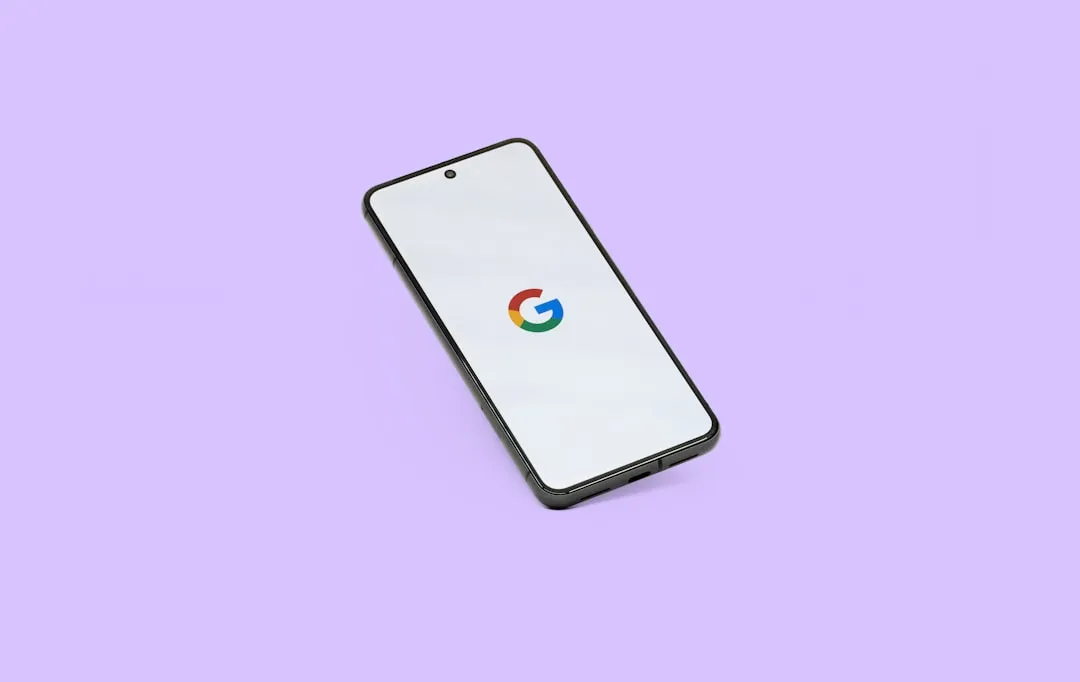

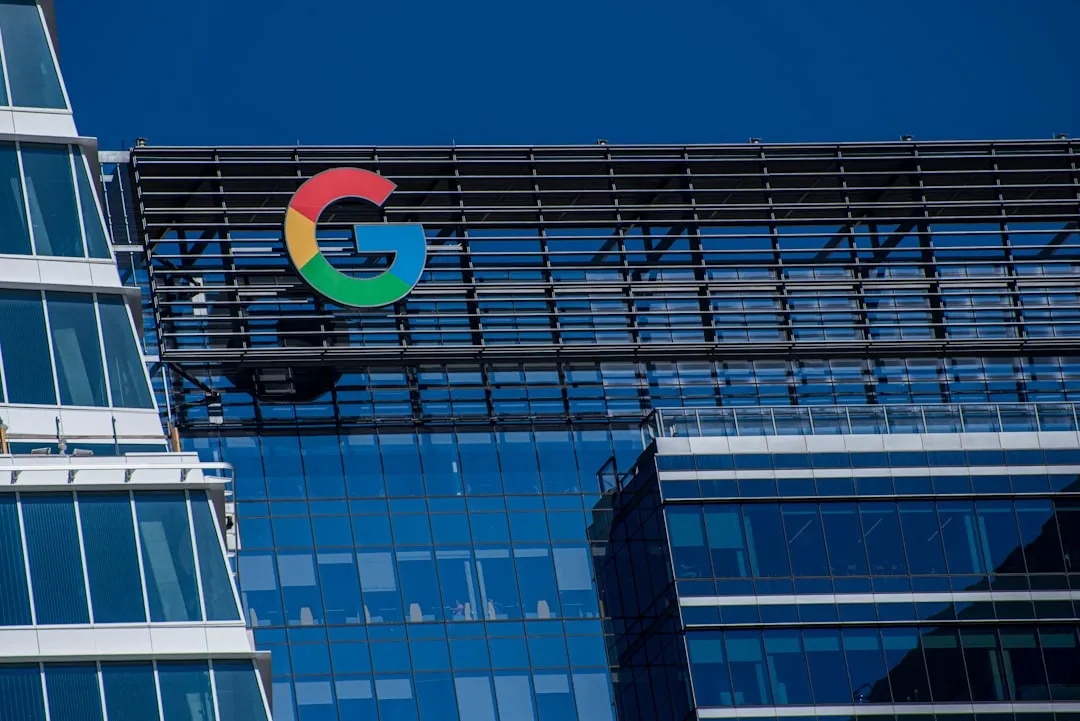
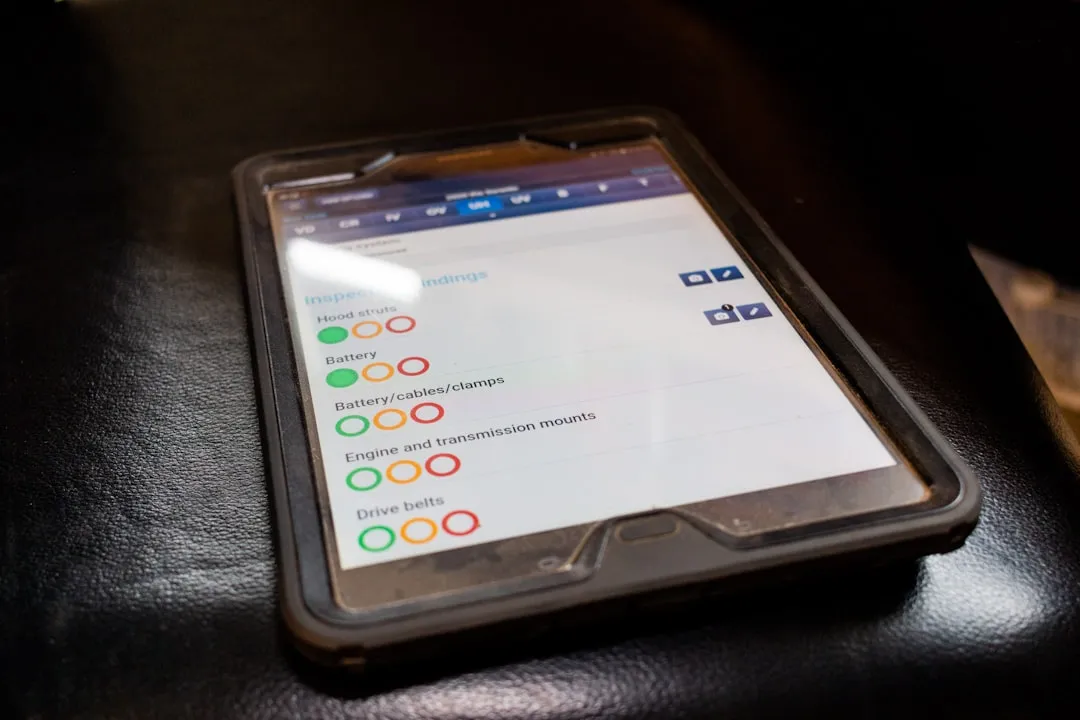




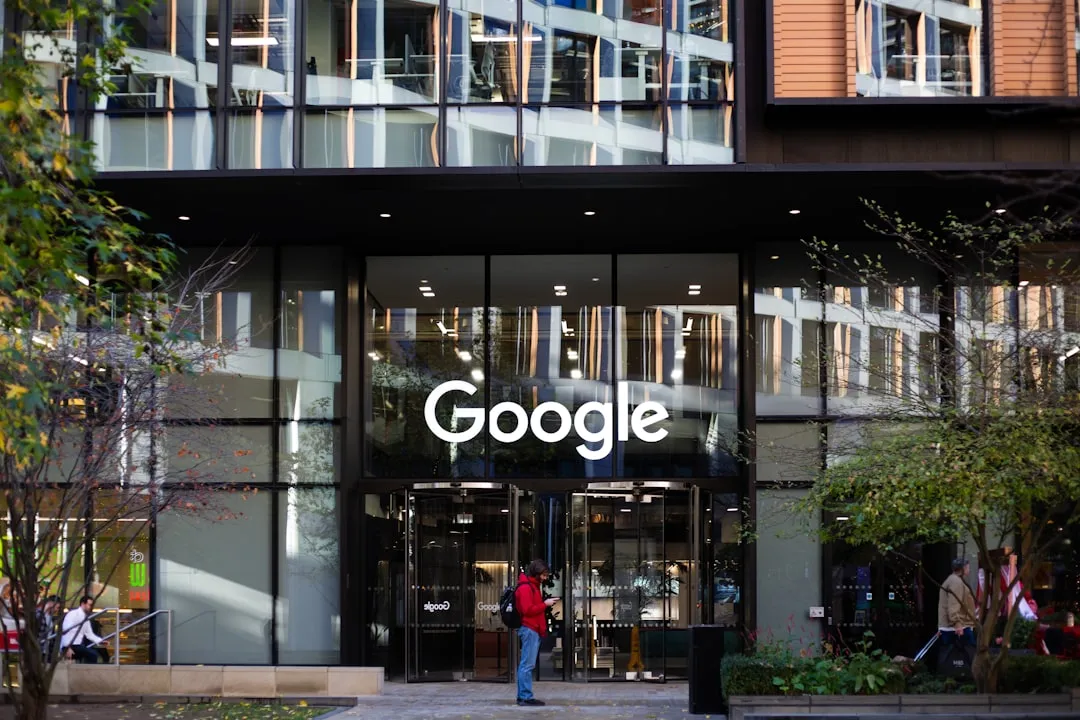


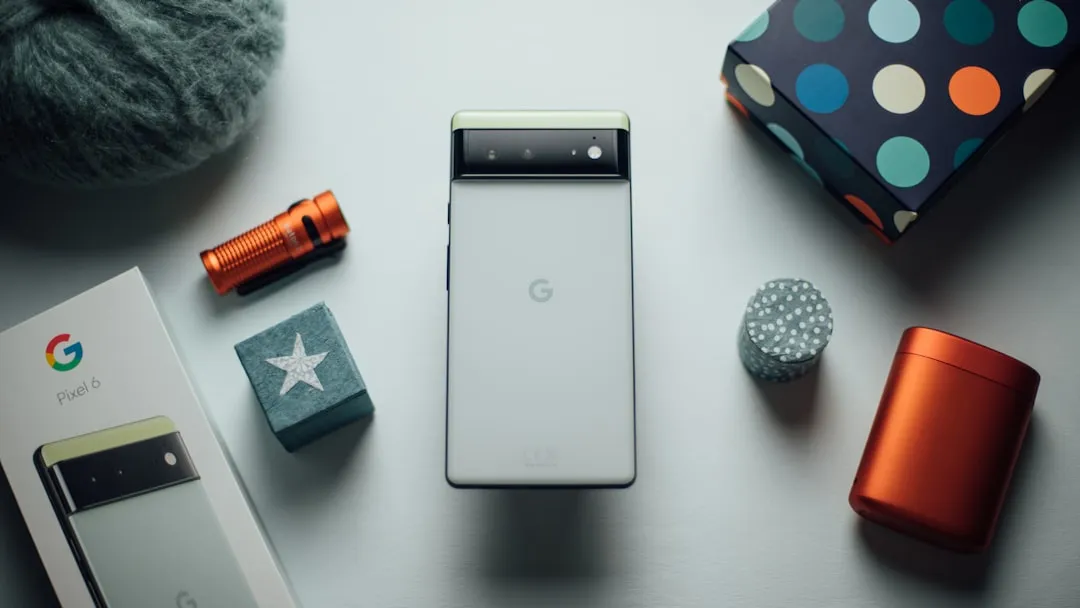

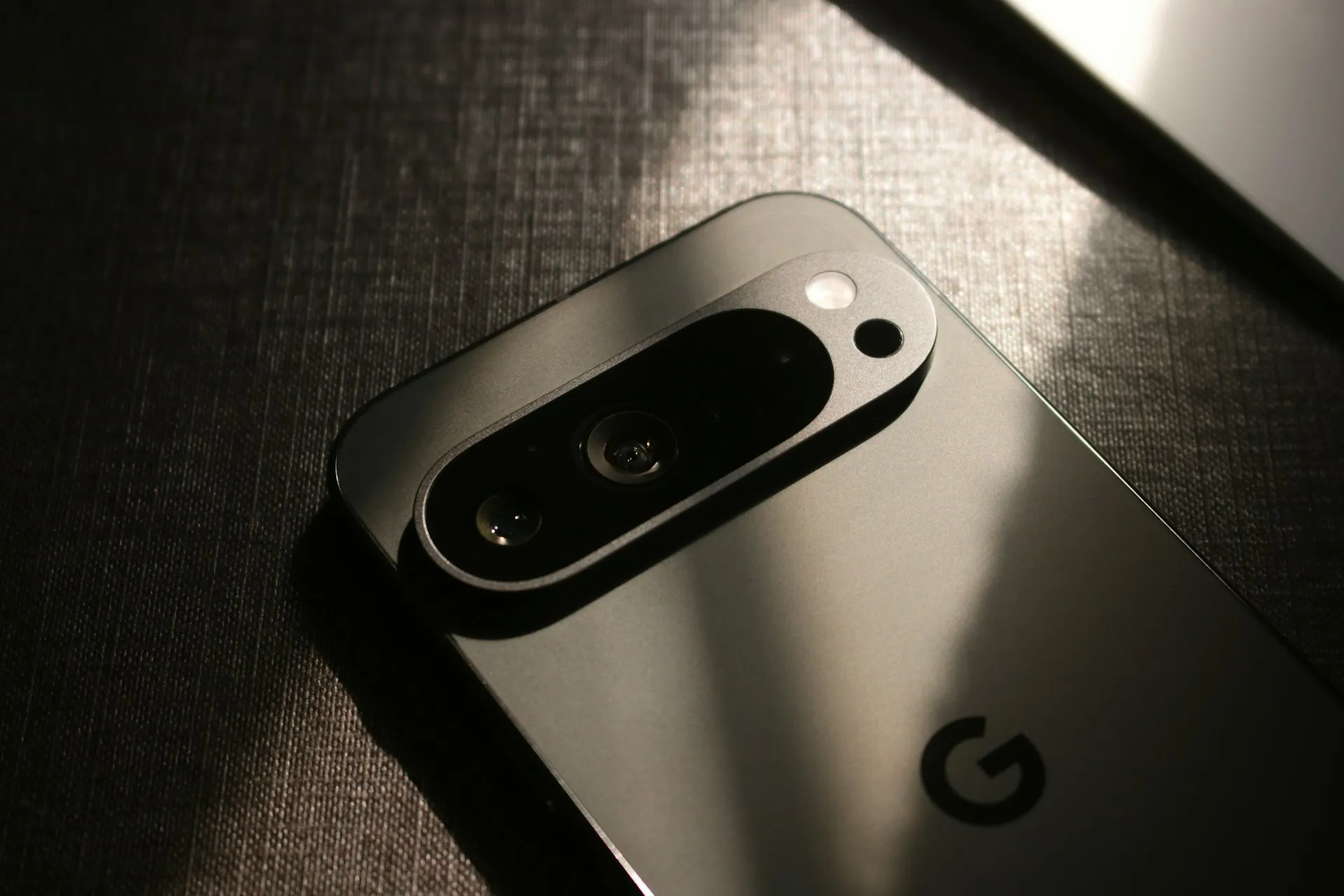
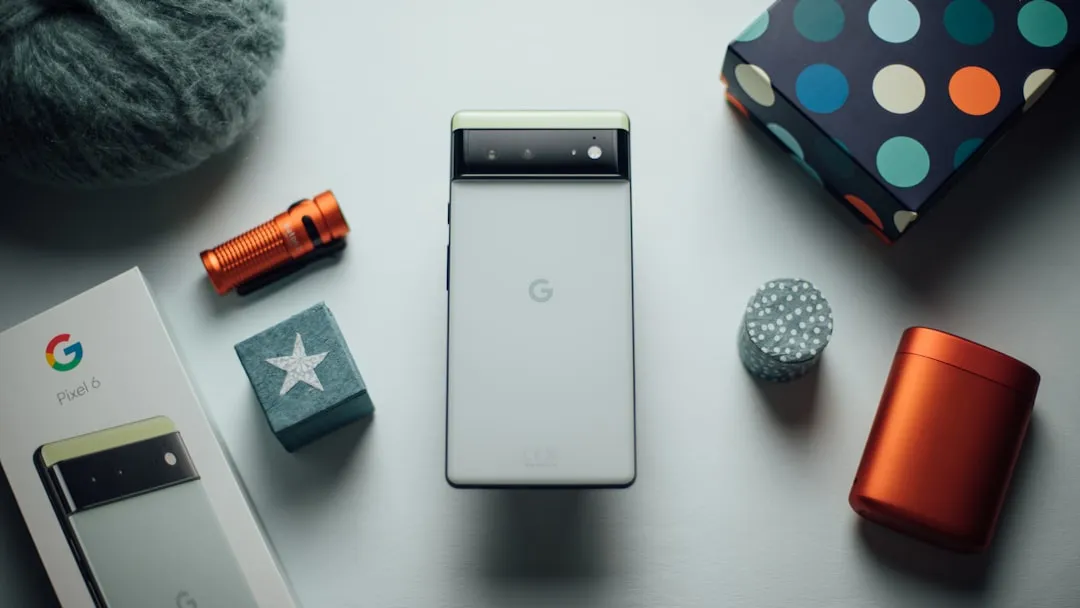
Comments
Be the first, drop a comment!